detail profile guilherme leme

Guilherme Leme
Guilherme Marcos Garcia Leme
atau dikenal sebagai
Riwayat Hidup
Guilherme Marcos Garcia Leme (born September 29, 1961 in Lençóis Paulista) is a Brazilian actor.
Guilherme Leme studied amateur theater in Colégio Objetivo in São Paulo and then at PUC-SP.
He had dance classes with Ivaldo Bertazzo, Maria Duchene and Sônia Mota.
In New York City, he attended courses of music, dance, mime and theater.
Early in his career, he helped found the Companhia de Teatro São Paulo Brasil, and participated in festivals around the country.
On stage, in addition to performing, Guilherme has produced several shows like Decadência, Eduardo II, Felizes da Vida, among others.
In his long career, he participated in the telenovelas Bambolê, Bebê a Bordo, Vamp, Perigosas Peruas and De Corpo e Alma.
He made a cameo in the children's series Sítio do Picapau Amarelo.
In the cinema, he acted in the movies Benjamim, Erotique and Anjos da Noite.
In the latter film, the actor won the Gramado Film Festival award for best supporting actor.
In 2011, he made a cameo on the telenovela Insensato Coração.
Currently, he has been directing plays and also interpreted Meursault in a monologue based on Albert Camus novel L'étranger.
On 13 July 2013, it was reported that Guilherme is treating a throat cancer in the A.
C.
Camargo hospital.
At the end of the treatment, on April 18, 2014, gave an interview to the magazine Quem revealing being cured of cancer.
After 5 years away from television, he returns in A Terra Prometida, Rede Record.
From Wikipedia, the free encyclopedia
Info Pribadi
Peran Yang Di Mainkan Guilherme Leme
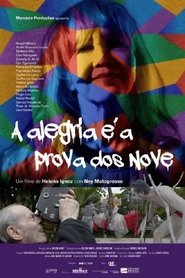 A film about love also a...
A film about love also a...Joy Is the Acid Test 2023
A film about love, also a memoir, about the trip made in the 1970s to Morocco by Jarda Ícone, an artist, sexologist, and octogenarian rocker, as she defines herself, and Lírio Terron, a human rights activist. In fact, a journey that is not over in their lives. Jarda Icon teaches classes on how women can obtain their own orgasm. With her group of disciples and friends Ana Brasil, Sheyla Fernanda, Caroline Sylvie and Lakshmi she develops self-sustainable feminist and artistic projects. The film is political, but not at all politicized in the traditional sense. It is an ode to the underground and counterculture movements, it is a hymn to freedom, and its title is also a tribute to Oswald d Andrade, one of the main names in Brazilian modernism.
 So Paulo today Brazil is in...
So Paulo today Brazil is in...Colors 2012
São Paulo today. Brazil is in full economic upswing. This is a story of friendship and delusion between three young friends in a big city. Their life is marked by an ordinary routine where nothing much happens except the alienation impregnated by the consumer society and the lack of perspectives. An urgent film representing the historical moment of a generation.
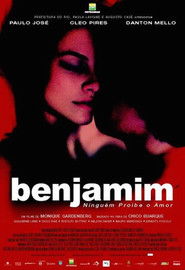 Benjamim Zambraia is a lonely man...
Benjamim Zambraia is a lonely man...Benjamim 2003
Benjamim Zambraia is a lonely man, a famous model with a tragic past. Some time in the past, he showed some officers the exact location where the woman he loved was hiding with her guerilla lover. As a result, the two were killed. One day, he casually meets a woman who looks very much like his former love, and this fact changes his life. Could she be the daughter of his great love? Or her reincarnation?
 After being fired from his job...
After being fired from his job...Minha Vida Em Suas Mãos 2001
After being fired from his job and have his unemployment insurance money robbed, a young man decides to become a robber himself. While escaping authorities, he meets a female teacher of whom he takes hostage. Things get complicated when they fall in love with each other.
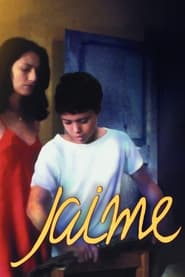 A woman takes her young son...
A woman takes her young son...Jaime 1999
A woman takes her young son, leaves her husband and moves in with her lover. The boy, desperate to get his parents back together, becomes convinced that if only he can get his father's stolen motorcycle back everything will be fine again, so he sets out to get enough money to buy his father a new one.
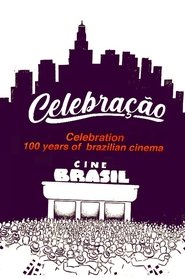 Portraits and excerpts from Brazilian films...
Portraits and excerpts from Brazilian films...Celebração - 100 Anos do Cinema Nacional 1997
"Portraits and excerpts from Brazilian films from all times. Actors, directors and images that affirm cinema."
 The sexual fantasies of women are...
The sexual fantasies of women are...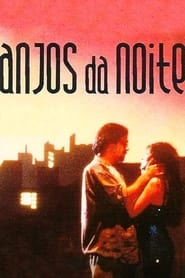 Many exotic characters meet in So...
Many exotic characters meet in So...